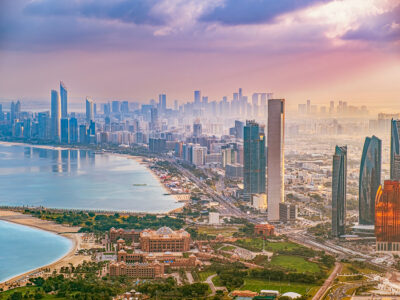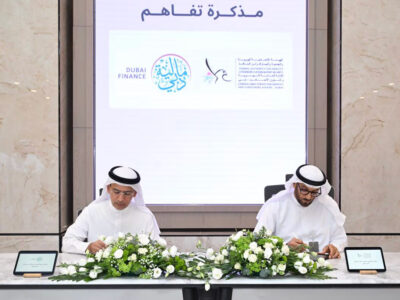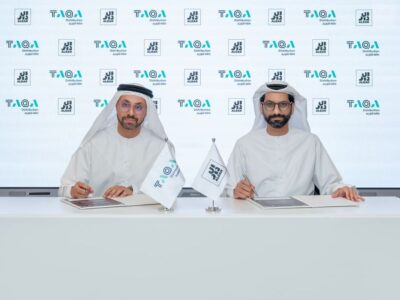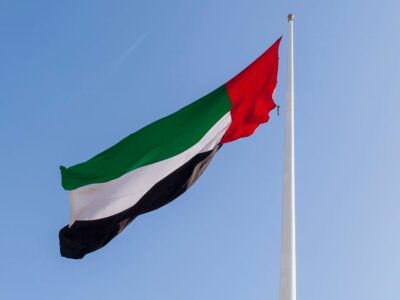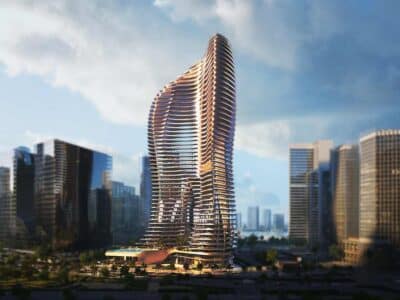NEOM, the ambitious high-tech mega-city of Saudi Arabia’s Vision 2030 plan, is set to become a key driver of foreign direct investment (FDI) and UK to Middle East investment in 2024, according to the Lumina Cross-Border Insights 2024 report.
With an estimated cost of a staggering $500 billion, NEOM has already begun its construction phase, and the first destination, Sindalah, is scheduled to open its doors this year.
Saudi Arabia’s diversification efforts extend beyond NEOM, with several other mixed-development giga-projects in the pipeline.
Roshn, Diriyah, and Jeddah Central are among the notable ventures that aim to transform the nation’s economic landscape.
Dubai’s Palm Jebel Ali, Creek Harbour Tower, Metro Blue Line to drive FDI in 2024
The UAE’s property market, demonstrating resilience and vitality, has witnessed the revival of two landmark megaprojects.
Palm Jebel Ali, expected to be twice the size of Palm Jumeirah, will encompass hotels, beaches, residences, and leisure attractions. Meanwhile, the Tower at Creek Harbour is slated to begin construction in the second half of 2024.
Infrastructure development is also a major focus in the Middle East. The King Salman International Airport in Riyadh, upon completion, will boast six parallel runways and is projected to contribute $7 billion annually to Saudi Arabia’s non-oil GDP.
This airport is part of the Kingdom’s ambitious Aviation Strategy 2030, which also includes projects like the Abha International Airport and the Red Sea International Airport.
In Dubai, the announcement of the Dubai Metro Blue Line in 2023 has set the stage for a significant infrastructure advancement.
With an estimated cost of $5 billion, the Blue Line is anticipated to be completed by 2029 and serve 200,000 daily passengers by 2030, incorporating 14 new stations into the existing network of 154 stations.
The pursuit of renewable energy is gaining momentum in the Middle East, with notable projects taking shape.
The Mohammed bin Rashid Al Maktoum Solar Park, based on the Independent Power Producer (IPP) model, is currently the largest single-site solar park globally.
By 2030, it aims to achieve a production capacity of 5,000 MW, attracting investments totaling $13.6 billion.
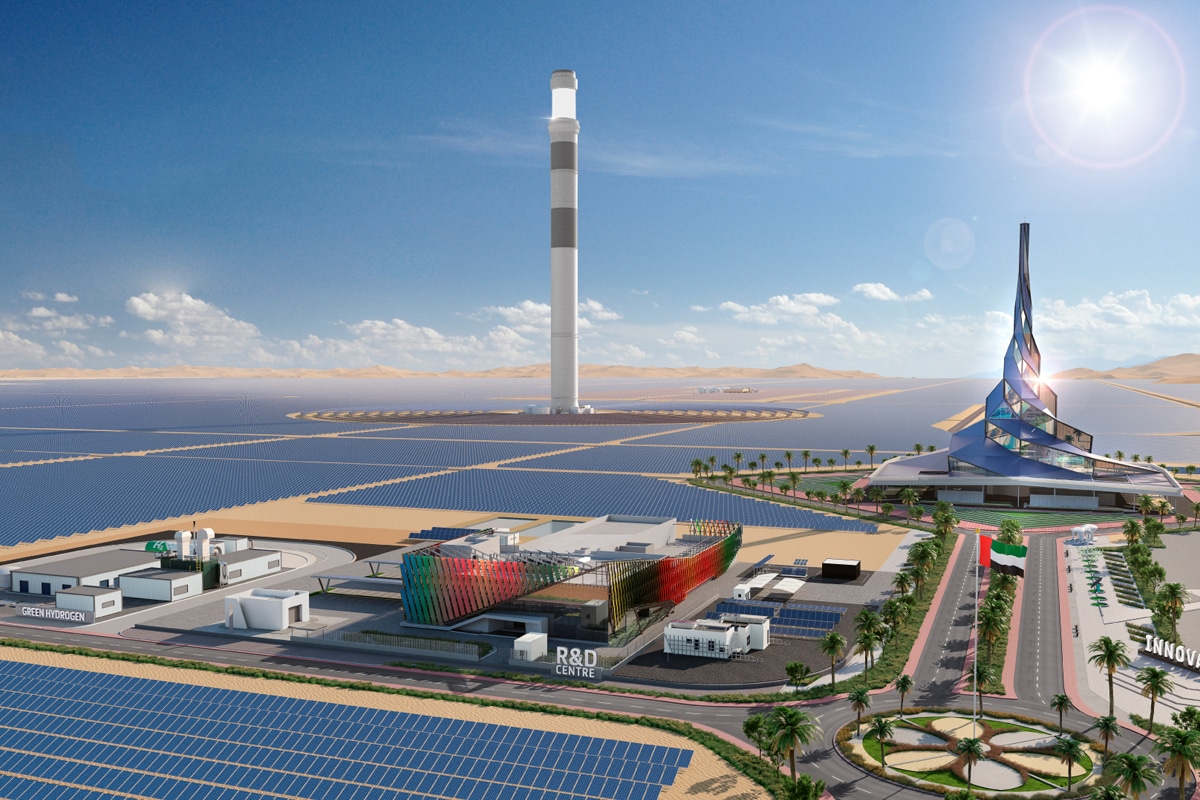
Saudi Arabia is also making strides in the renewable energy sector, with the Shuaibah 2 Solar Facility set to become the largest in the country.
With a planned capacity of 2,060 MW, the facility is expected to power approximately 350,000 homes.
These ambitious projects in the Middle East, covering a wide range of sectors from technology to infrastructure and renewable energy, are attracting significant attention and investment from the UK.
As the region continues to diversify its economies and embrace innovation, opportunities for fruitful collaborations between the UK and the Middle East are abound.

